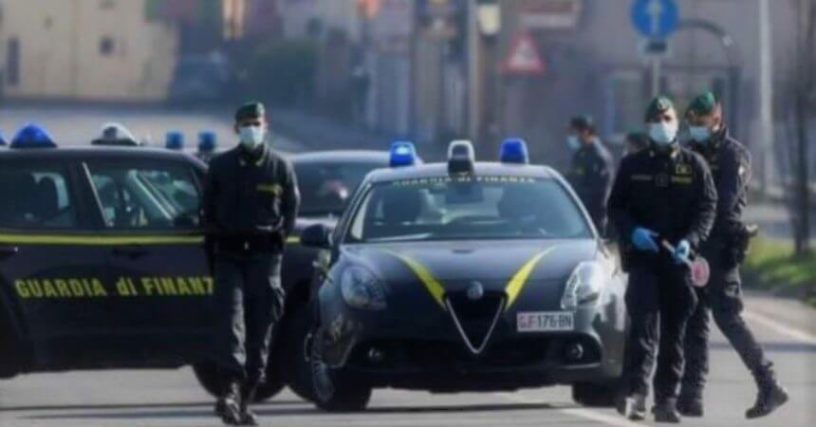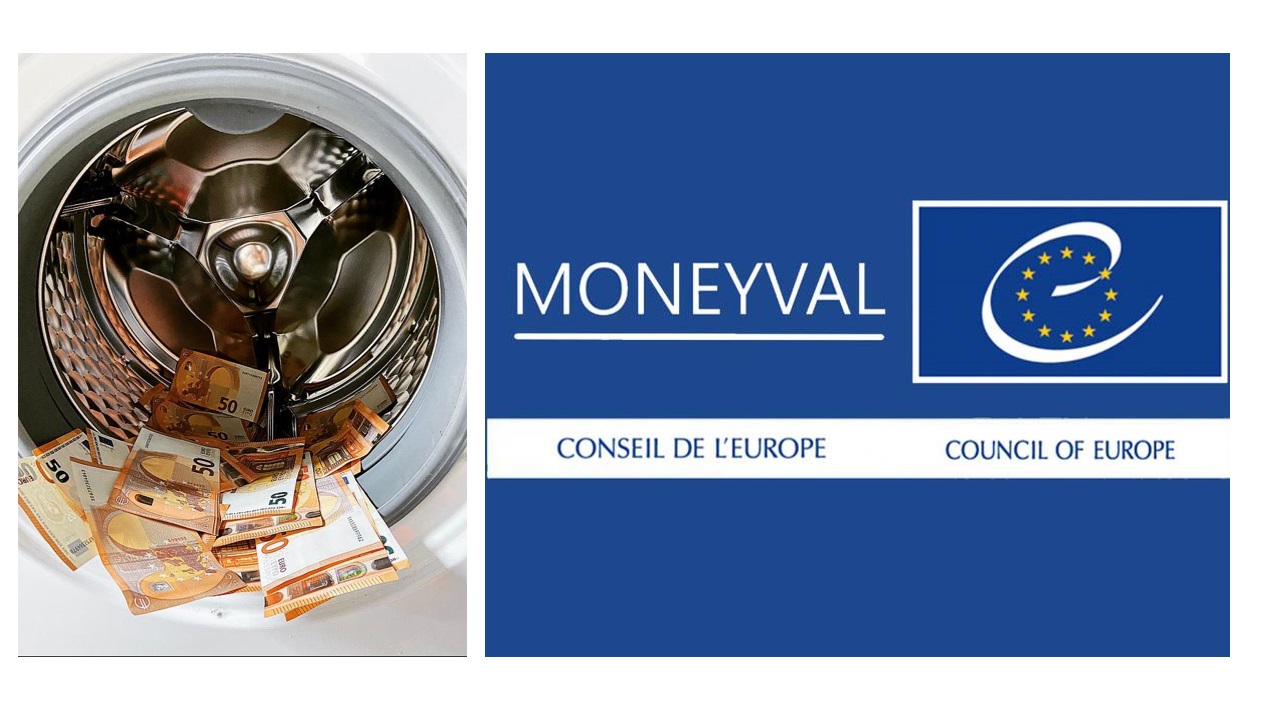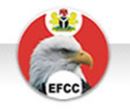INSIGHT: We sit down with Colonel Tommaso Solazzo of Italy’s Guardia di Finanza as he explains the background to the country’s advanced fight against money laundering and the new trends police are encountering in the battle against international organized crime and its financial enablers.
Sergio Nazzaro: Is money laundering only the prerogative of the mafias? Also can you imagine organized crime living without money laundering?
Col. Tommaso Solazzo: Mafia organizations are structured or organized – and our penal code expressly says so – to acquire and manage the control of economic activities for the realization of profits and advantages.
The illicit proceeds acquired, after deducting the expenses of exercising the criminal activity, are only partially reinvested in new illicit assets. The surplus of illicit origin must necessarily be injected and allocated in the legal economy. Therefore, let us not delude ourselves. Where there is organized crime, there is necessarily circulation of illicit capital. The availability of illicit capital then acts, in turn, as a powerful hydraulic force that exerts extraordinary pressure on the real economy. The illicit money is laundered in parts of the economic that are is more vulnerable, more lacking in controls and where the need for capital is greatest.
For this reason, there are checks and balances at the various “entrance gates” to the legal economy.
‘Not all dirty money has a Mafia origin. . . illicit money can have another origin. The main sources of illegal wealth are corruption and tax evasion. To these, frauds perpetrated on the internet and counterfeiting and smuggling of drugs, health devices and goods related to the pandemic have now been added’
The “gatekeepers” are banks, financial intermediaries, notaries, lawyers and all other subjects covered by anti-money laundering regulations introduced by FATF and by European Directives, in terms of identification and verification of the clientele and of the beneficial owner, registration and preservation of the operations, reporting of suspicious transactions to the UIF of the Bank of Italy and in-depth investigations by the Guardia di Finanza”.
EXPLAINER – WHO ARE THE GUARDIA DI FINANZA:
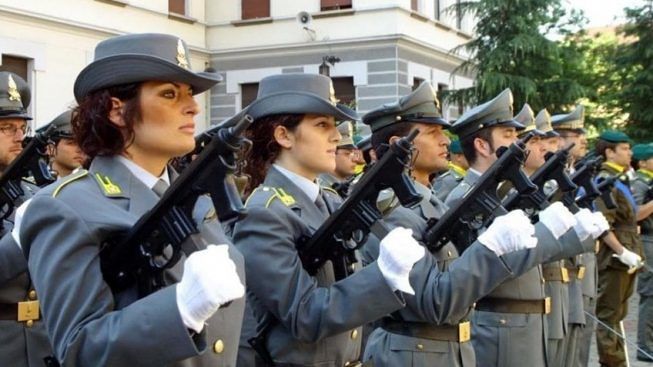
The Guardia di Finanza (G. di F. or GdF) is an Italian law enforcement agency under the authority of the Minister of Economy and Finance. It is a militarized police force responsible for dealing with financial crime and smuggling; it has also evolved into Italy’s primary agency for suppressing the illegal drug trade
SN: You could say that there is no organized crime without money laundering. On the other hand, crime groups who do not need to launder money could not be properly defined as “organized crime?
TS: However, the opposite is not true. In fact, not all dirty money has a Mafia origin.
Illicit money can have another origin. The main sources of illegal wealth, as is well known, are corruption and tax evasion. To these, frauds perpetrated via internet and counterfeiting and smuggling of drugs, health devices and goods related to the pandemic have been added more recently. All, obviously, on an international scale.
‘This is a submerged “money transfer”, without signs or company names on the door, and which ensures submerged financial relations between the remittance corridors that connect Europe and North America on one hand, and Asia, Africa and South America on the other’
SN: A question that many people ask themselves is how it is possible that, living in a world where technology is predominant, where traceability is not only possible but real, it is still possible to simply make huge amounts of capital disappear?
TS: Allow me to draw a parallel. If as in a Manichean system in which we see the forces of good and evil fight each other, you would be inclined to think in anti-money laundering that traceability is on the side of good, and anonymity on the side of evil. By tracing everything we would be able to identify all illicit capital and consequently make the resources of mafia organizations anaemic.
But we must be realistic. Tracing everything would not only be impossible, it would also be uneconomic and according to some, harmful.
It is impossible because the channels through which money flows are diverse and only some of them are under the control of the State. The channel of transit of wealth from one country to another, par excellence, is the banking channel. This is a sector which is widely controlled from an anti-money laundering point of view, although it is obviously susceptible to further strengthening in the international sphere. But it is not the only one.
Think for example, of the international money transfer networks, which play an irreplaceable role in the so-called “financial inclusion” of that part of the world’s population which, for various reasons, does not or cannot have access to the traditional banking channel.
This is an instrument used in particular by immigrants to send their savings back home but, as we know well from the investigations and reports of the FATF, it is also a porous and ductile instrument which, if not robustly controlled, lends itself to operations of micro-financing of terrorist activities as well as, through smurfing techniques, allows the transfer of funds, even considerable proceeds of illegal activities. In any case, this is also a sector that is fairly well controlled in terms of international rules.
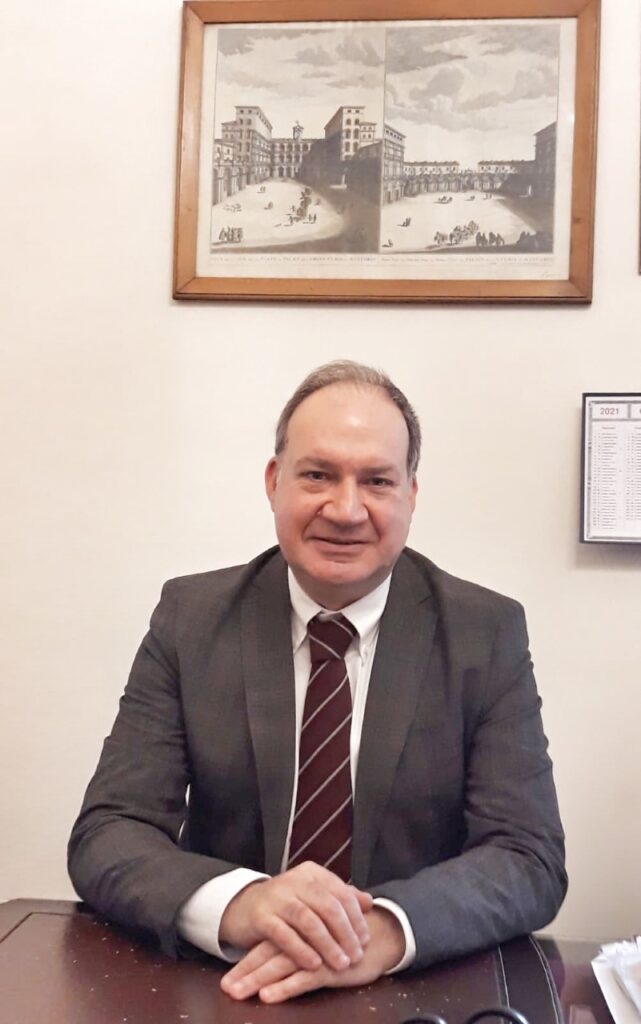
SN: How do we approach these new areas of money flow in Italy?
TS: In Italy, due to the high risk of abuse of the instrument, it has long been one of the operational target priorities of the Guardia di Finanza departments.
However, there are other channels, products and instruments that escape any preventive control. We are thinking, for example, of informal systems for remitting funds, such as the hawala system.
This is a sort of submerged “money transfer”, without signs or company names on the door of the business that offers these services, which is equally efficient and widespread throughout the world, and which ensures submerged financial relations between the remittance corridors that connect Europe and North America, on the one hand, and Asia, Africa and South America on the other.
These informal systems escape all controls and can only emerge in the course of investigations that have already begun.
There is no identification of the client, there is no registration of the operations (or, in any case, this registration is for the exclusive use and consumption of the hawaladars and certainly not of the anti-money laundering authorities and the investigators), there is obviously no reporting of suspicious operations.
‘Our country can rightly consider itself at the forefront in the fight against the most complex criminal phenomena, such as terrorism, mafia-type associations and money laundering’
SN: So where is the risk?
TS: The risk is that whenever AML regulators give a further crackdown on an already regulated or partially regulated sector, a portion of the operators will find it convenient to scale to another less regulated sector or, worse, completely unregulated.
Herein lies the harm evoked by some observers who view with distrust any over-regulation or tracking. In this way, there is a risk of completely losing control over this segment of operators, abandoned to a submerged finance where organized crime operates more freely.
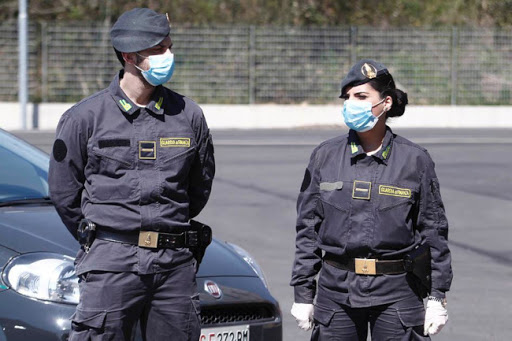
SN: Is the dark web another and new frontier of illicit and money laundering?
TS: Yes, the risk of illicit operations is global with the dark web and of course with virtual currencies and in the FinTech sector.
On this point, I would like to remind you that the Commander General of the Guardia di Finanza, Gen. Zafarana, has in fact just recently underlined – during his hearing at the Finance Commission of the Chamber of Deputies – how criminality tends to exploit more and more the anonymity offered by cryptocurrencies. And that for that reason the operational capacity of my colleagues in this area has been expanded to allow for the verification of the work of the exchangers and wallet providers. So the Guardia di Finanza is paying great attention to this area.
‘What is certain is that the theme of cyberspace… is not a subject that can be dealt with effectively by individual countries or even by the European Union alone’
From our learnings here, the organization will certainly be able to draw the necessary lessons on how further refine and, if necessary, strengthen anti-money laundering prevention devices.
What is certain is that the theme of cyberspace and everything that revolves around it, including trade, taxation and the application of anti-money laundering controls, is not a subject that can be dealt with effectively by individual countries or even by the European Union alone. The time is probably ripe for the international community, through a treaty or even a soft law mechanism, to regulate at least the essential lines and common rules for an international law on the integrity of online trade and finance.
SN: Italy has always led the way in the fight against mafia organizations and in the field of anti-money laundering. Since we live in a globalized world and the efforts of a single country cannot be enough, what is the state of play in the EU? What else is required?
TS: Our country can rightly consider itself at the forefront in the fight against the most complex criminal phenomena, such as terrorism, mafia-type associations and money laundering.
We are certainly an example and a reference point in the fight against mafias and this was recently confirmed by the United Nations during the celebrations for the 20th anniversary of the 2000 Palermo Convention on organized crime, dedicated to the magistrate Giovanni Falcone.
In 1982, in addition to introducing the crime of mafia association into the criminal code, we were the first non-English speaking country to provide for an instrument of confiscation in the absence of a criminal conviction such as the anti-mafia prevention measures, while remaining strictly within the perimeter of the guarantees provided by our Constitution and the principles sanctioned by the European Charter of Human Rights.
In the same way, we have been pioneers in the elaboration of a complex system, which can always be improved, for the management of confiscated goods and their destination for social use. These are merits and advantages that, it is always good to remember, we have achieved through strict necessity.
There is little point in the medals of the past and the successes that our country has achieved in the fight against the Mafia and terrorism, if now in the present we do not show that we are up to those efforts and the price that was paid by the previous generation of magistrates, police forces and servants of the State.
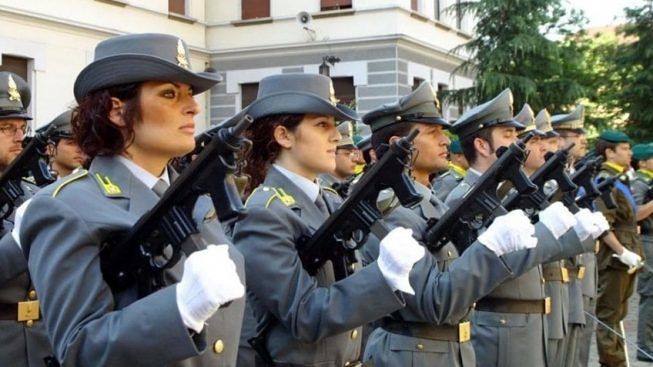
SN: I feel we must continue to invest in people and technology, which is always a delicate and complex issue in Italy?
TS: Investing in people to address the new challenges require us to take exacting care in professional development, the updating of our investigative techniques and the adoption of a rapid and flexible approach. We also have to be open to the outside world and to a European and international culture, where human intelligence and analysis of phenomena has to be strengthened and enhanced.
Investing in technology in terms of aid to financial investigations, intelligent interconnection of databases, preparation of suitable AI tools to aid financial profiling all play a part.
Finally, it is also necessary to pay attention to the use and abuse of Big Data and to the use that may be made of it by organized crime or by groups, networks, structures and organizations that intend to undermine the security and public order of our countries.
‘The efforts of individual countries are not sufficient to combat a phenomenon, such as money laundering, which has an intrinsic transnational connotation. The international community is aware of this’
SN: In terms of the prevention of anti-money laundering capablities, what more can be done?
TS: As far as the prevention of money laundering is concerned – that is, all those provisions which serve to identify the client, register operations and report suspicious ones – Italy was among the first in Europe to adopt specific legislation. In fact, the first national regulation of anti-money laundering prevention (d.l. 143 of May 3, 1991, then converted into law 197/1991) beat the first European directive on the subject by about a month (June 1991), anticipating its contents.
However, even in this area, the efforts of individual countries are not sufficient to combat a phenomenon, such as money laundering, which has an intrinsic transnational connotation. The international community is aware of this.
On the international scene, FATF through its 40 Recommendations and mutual evaluation procedures, stimulates and controls the quality of the anti-money laundering actions of the various countries.
On the other hand, the European Union, within its sphere of action, through the various anti-money laundering directives that have followed one another over time, requires an ever deeper commitment on the part of Member States and obliged parties to limit the risks of being involved in money laundering schemes.
SN: is all this sufficient, is it enough to not stop but to counteract the flow of dirty money, not only at national but also at European level?
TS: No, all this, it must be said honestly, is not enough.
In recent years, the European anti-money laundering system has not proved to be sufficiently robust.
There have been many cases in Europe where banks of national importance (fortunately not in Italy) have been involved in money laundering.
In the same way, major journalistic investigations, such as the Panama Papers, have shown that even subjects and operators based in EU Member States or in territories belonging to them were involved in operations and schemes characterized by opacity without the prevention mechanisms ever being able to intercept them.
‘European Commission has noted a “Balkanization” of AML provisions . . . In spite of the directives issued by the EU, 27 different anti-money laundering systems actually operate in the single market, with profoundly different levels of application and effectiveness of controls’
All this has been pointed out by the European Parliament in numerous resolutions and has also been the subject of specific commissions of inquiry. In order to address these shortcomings, the European Commission has recently launched an ambitious plan of action designed to profoundly revolutionize the anti-money laundering system in Europe as we know it today”.
SN: We can almost talk about “Balkanization” of AML provisions in Europe, isn’t there be a need for harmonization in the EU?
TS: First, the European Commission has noted a “Balkanization” of AML provisions.
In spite of the directives issued by the European Union, 27 different anti-money laundering systems actually operate in the single market, with profoundly different levels of application and effectiveness of controls.
In the future, according to the Commission, there will be a single regulation, the so-called rulebook, which will replace the directives and will be directly applicable in all Member States and, therefore, also in our country.
Secondly, the Commission proposes the creation of a European centre for financial intelligence and anti-money laundering supervision. This function could be attributed to the EBA, the European Banking Authority, which, among other things, will have the task of interfacing with the individual supervisory authorities of the various countries.
In the same way, a “coordination and support mechanism” will be created at a central level, a sort of European super FIU that will systematize the FIUs of the various member states, developing the most complex reports of suspicious transactions of a transnational nature and managing the protected network of information exchange at a financial level.
In all likelihood, it will be the reference structure for the most sensitive financial dossiers that will be developed by Eurojust, the European Public Prosecutor’s Office and Europol.
It is evident that, with this scenario, it will be necessary to rethink in time the national response and the institutional structure of our anti-money laundering system, so as not to be taken by surprise by what is expected to be a real Copernican revolution in the fight against money laundering”.
“The real criminal and money laundering havens are not only those in offshore centres, but also those that are located in the shadow of the media and major investigations”
SN: If even Europe were to implement stringent anti-money laundering measures, would that be enough to stop the flow of illicit money, or would even a European strategy still not be enough if there is no real global effort?
TS: Through the European Commission’s new anti-money laundering action plan, if properly implemented and adequately supported by the Member States, Europe will give a very strong impetus to the action of preventing and combating financial crime.
This will undoubtedly help to make the economies of Member States more resilient to attempts to infiltrate organized crime.
However, criminal relationships go far beyond the boundaries of the single market. For example, we still know relatively little about what goes on in the criminal corridors, in the black market and about the criminal relationships from Europe to Africa and vice versa.
The real criminal and money laundering havens are not only those in offshore centres, but also those that are located in the shadow of the media and major investigations. And here we have a cone of shadow as large as a continent. Strategies will therefore necessarily have to be global and also include those countries towards which we should invest more, also in terms of attention and capacity building.
Without the help and support of these countries, the game against illegality can never be said to have been won, but not even played.
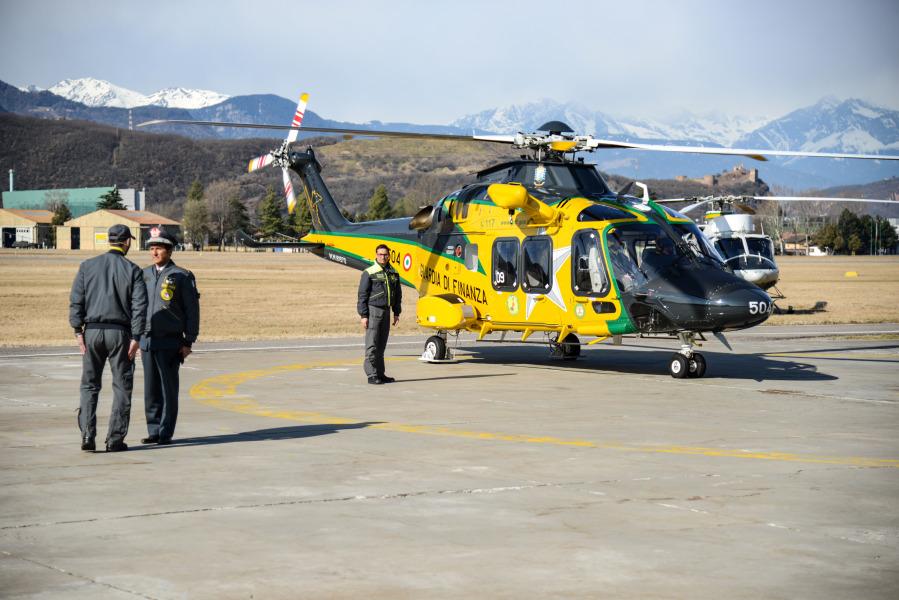
LOOKBACK: How Italy has led the way in money laundering legislation and the bloody history which has driven that change
SN: Money laundering is now a term that is heard on a daily basis. But what really is money laundering, when does this issue arise and, on the other hand, when does the need for anti-money laundering regulations arise?
TS: Money laundering is commonly understood to mean the insertion of illicit capital into the legal economy, but also the execution of a whole series of expedients that are put in place to conceal the illicit origin of the proceeds. Under this last aspect, it can be said that the problem of money laundering is very old.
For example in the days of republican Rome, when a Roman citizen had an inkling of being included in the proscription lists provided for by the Sillan laws of 82 B.C. as an “enemy of Rome”, he understood that his wealth would soon be considered illicit and therefore confiscated. The only way out for the “offender” was to get rid of the assets before the proscriptio, trying to monetize them and eventually enjoy them in exile with family members.
Obviously, the extent of the problem is now considerably different but the theme of concealing the goods between oneself and a good of illicit origin is certainly an ancient question.
SN: I must admit that I did not know this historical origin of the problem. How does the recycling issue evolve to the present day?
TS: Of course the term “laundering” has a much more recent origin.
It appears it was first used by the American press in the 1920s to refer to the skilful technique of concealing proceeds devised by the notorious mobster of Italian origin Alphonse Gabriel Capone, aka Al Capone. “Scarface,” as he was also dubbed, had the idea of setting up a series of laundries in the streets of Chicago to hide the illicit origin of the enormous proceeds he had obtained through the sale of alcohol at the time of Prohibition, as well as through the extortion racket, gambling and the exploitation of prostitution.
Journalists of the time spoke of “money laundering”, referring to the laundries used for washing money. Needless to say Al Capone’s laundries didn’t wash clothes! But what they were washing was the original source of the illegally acquired proceeds. These laundries, as it were, provided a “cover”, in clear sight and apparently completely lawful and capable of abstractly producing ‘lawful’ revenues. We all know how the story ended. Al Capone was never convicted of money laundering but of tax evasion.
And the reason was simple. In the United States, as it would have been for a long time in the rest of the world, the crime of money laundering did not yet exist. It would not be until 1986 that the Houses of Congress passed a special law that criminally sanctioned this type of conduct.
SN: What is the situation in Italy? Have we moved with speedily against money laundering?
TS: Our country can take credit for being among the first in the world to introduce the offence of money laundering into the criminal law system. We did so well before the United States and many other countries.
It is a sad record however because the date of birth of the crime of money laundering in our penal system coincided with one of the darkest and bloodiest pages of the history of the Republic.
This was at the end of the 1970s – March 1978 to be precise – when several financial scandals raged that deeply shook public opinion. It was the period of financier Michele Sindona, of the banker Roberto Calvi, from Banco Ambrosiano. A few months later, an Italian-American mafia hitman sent by Sindona murdered the liquidator of the Banca Privata Italiana, Giorgio Ambrosoli, who was trying to shed light, with the help of a one brave investigator (Marshal Silvio Novembre of the Guardia di Finanza, recently deceased) on the intricate financial operations carried out through international fund transfers, tax havens and fiduciary deposits.
SN: Certainly the killing of the hugely respected Mr Ambrosoli was one of the darkest days we witnessed. But what followed was inspiring it is fair to say?
TS: These were also the years in which some Mafia-type organizations, thanks to drug trafficking and cigarette smuggling, made a quantum leap.
They accumulated large sums of money, become internationalized and were driven by an ambition that you could say was almost entrepreneurial.
They cultivated increasingly close relationships in the political, banking and business world. They rapidly grew in strength and relevance – while at the same time public opinion was distracted as never before by the emergence of terrorism, the economic crisis and international geopolitical tensions.
A new business model of the mafia organizations however was to shake public opinion. Some criminal organizations – particularly violent but still not very evolved compared to the Sicilian ones – discovered the new business of kidnapping.
In reality, they did not discover anything new but they replicated what the various terrorist organizations and subversive grouping had been doing for some time in the so-called “anni di piombo”. As part of their self-financing projects, they planned and executed, often with particularly bloody actions, robberies and “proletarian expropriations”, but also carried out kidnappings of wealthy industrialists in the North for extortion.
SN: From these dark years for democracy and civil society, emerged some strong new laws?
TS: Exactly. In response to terrorism, or rather to the most striking terrorist acts during this dramatic period in the history of the Republic, the crime of money laundering was introduced. On 21 March 1978, just five days after the kidnapping of the Honourable Aldo Moro, a decree-law was approved containing a series of extraordinary measures that toughened the penalties for some existing crimes, strengthened police powers and introduced new criminal hypotheses, including the crime of money laundering (art. 648-bis. c.p.).
The whole idea was to punish money laundering with an autonomous offence with respect to receiving stolen goods (art. 648 c.p.) and with more serious penalties, since at that time it was considered a particularly serious phenomenon “for the support that it constantly brings to the attainment of the most certain profit in kidnappings for extortion”.
On May 18th of the same year the crime was then confirmed, without modification, in the law converting the decree. But this rule, like others introduced in the measure, was obviously not enough to save the life of the late Christian Democrat statesman, whose lifeless body was found only a few days before in a car in Via Caetani”.

ABOUT COL TOMASSO SOLAZZO: Colonel Solazzo of the Guardia di Finanza is the Liaison Officer at the Parliamentary Anti-Mafia Commission. In the 1990s he conducted the banking and financial investigations connected with the shocking murders of Salvo Lima and Ignazio Salvo and the inquiry into the so-called Knights of Labor.
Subsequently, he joined the Anti-Mafia Investigative Directorate where he was in charge of coordinating preventive investigations, anti-money laundering and investigative co-oepration with foreign police forces and Europol. He is a Promoter of the European Anti-Mafia Network “Operational Network @on”. Col Solazzo is an expert evaluator for anti-money laundering procedures for FATF, the International Monetary Fund, World Bank and Council of the European Union. He collaborates as a reviewer with the Oxford University Library on Italian organized crime.
Our partners on conducting this interview are the Eurispes Institute in Rome. The Institute carries out studies and researches for companies, public and private organizations, national and international institutions. In the same, it independently promotes and funds researches of great social interest, cultural activities, scholarships, publishing initiatives, proposing itself as an independent centre of information and orientation of public opinion dealing with matters of great interest to the national debate. To read the interview in Italian, go here: https://www.leurispes.it/riciclaggio-e-antiriciclaggio-si-puo-ancora-parlare-di-uneconomia-pulita/
Share this on:
Follow us on:

